
By MARI YAMAGUCHI Associated Press
TOKYO (AP) — Japan fully came out of a coronavirus state of emergency for the first time in more than six months as the country starts to gradually ease virus measures to help rejuvenate the pandemic-hit economy as the infections slowed.
At Tokyo’s busy Shinagawa train station, a sea of mask-wearing commuters rushed to their work despite an approaching typhoon, with some returning to their offices after months of remote work.
The emergency measures, in place for more than half of the country including Tokyo, ended Thursday following a steady fall in new caseloads over the past few weeks, helping to ease pressure on Japanese health care systems.
Outgoing Prime Minister Yoshihide Suga thanked the people for their patience and cooperation, and asked them to stick to their basic anti-virus measures.
“Once again, I seek your cooperation so that we can return to our daily lives feeling safe,” he said.

The lifting of the emergency marked a fresh start for some people.
Office worker Akifumi Sugihara, 46, said he is back to the train station for the first time in about a year. “I had been working from home for more than a year, and I came to the office in Tokyo as (the emergency) was lifted today,” he said. “It’s really been a while. I feel it’s a new start.”
Another office worker, Kaori Hayashi, 37, said it was an ordinary Friday. “In my mind nothing really has changed,” she said. “We still need to be careful. I will stay vigilant and carry on my life as usual.”
Japan is eager to expand social and economic activities while balancing the need to prevent another wave of infections as the weather turns cooler. Officials say the government still needs time to create more temporary COVID-19 treatment facilities and continue vaccinations to prepare for any future resurgence.
The emergency measures have mainly involved requests for eateries to curb alcohol and hours. They can now serve alcohol and operate an hour longer but still have to close at 9 p.m.
Daily reported cases have fallen to below 1,600 as of Wednesday nationwide — less than one-tenth of the mid-August peak of around 25,000. Experts attributed the declining numbers to the progress of vaccinations and to people increased their social distancing efforts after being alarmed by the collapse of medical systems during the summer.
Nearly more than 59% of Japanese people have been fully vaccinated. Japan has had about 1.69 million cases and 17,641 deaths from COVID-19.
Associated Press journalist Chisato Tanaka contributed to this report.
 Book Tells Story of WWII Secret Agent Komori
Book Tells Story of WWII Secret Agent Komori
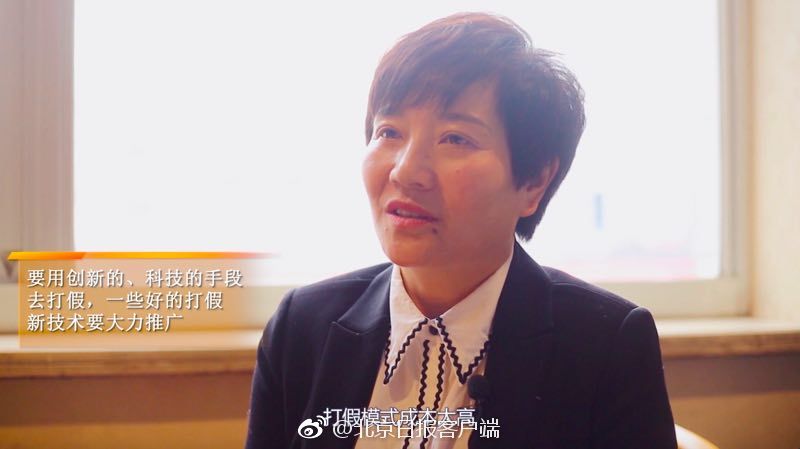 Reneé Rapp and Rachel Sennott team up for Instagram's 'Close Friends Only' podcast
Reneé Rapp and Rachel Sennott team up for Instagram's 'Close Friends Only' podcast
 iPad deals: Save 36% on iPad Pro and get it before Christmas
iPad deals: Save 36% on iPad Pro and get it before Christmas
 Best Red Lobster gift card deal: Save $7.50 at Amazon
Best Red Lobster gift card deal: Save $7.50 at Amazon
 Flying High Under the Big Top
Flying High Under the Big Top
 Best Roomba deals at Amazon: Not much to see... yet
Best Roomba deals at Amazon: Not much to see... yet
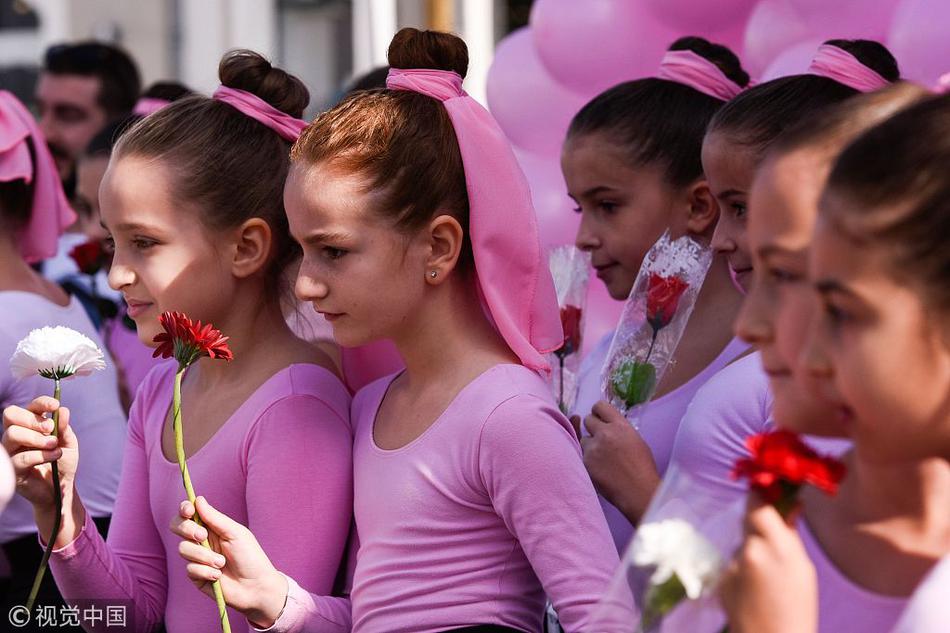 NYT Connections Sports Edition hints and answers for December 13: Tips to solve Connections #81
NYT Connections Sports Edition hints and answers for December 13: Tips to solve Connections #81
 How Creators for Palestine raised $1.6 million for Gaza — and what it means for the future
How Creators for Palestine raised $1.6 million for Gaza — and what it means for the future
 New Asian American Sitcom to Premiere on ABC in Fall
New Asian American Sitcom to Premiere on ABC in Fall
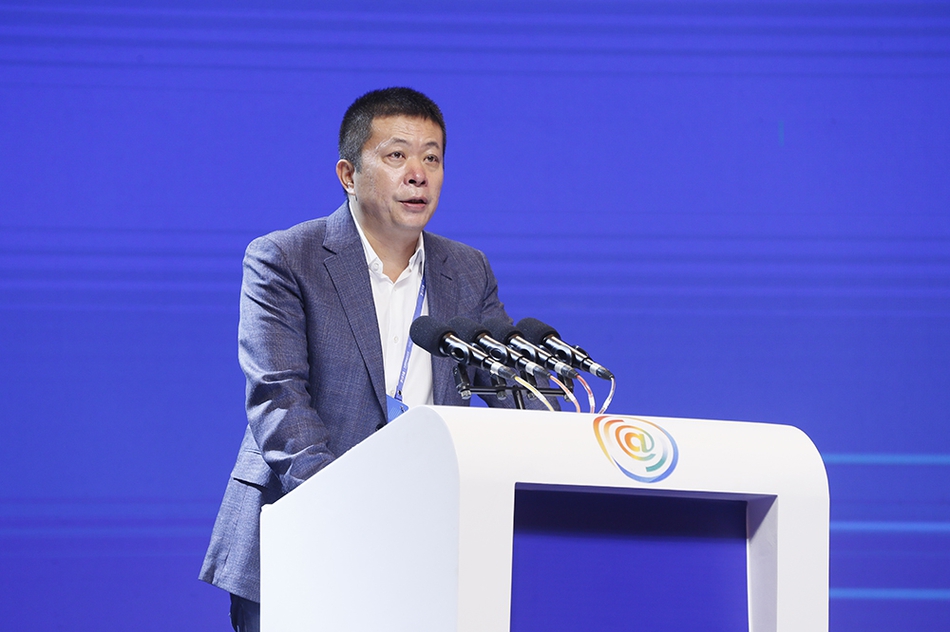 How this law is protecting child influencers in Illinois
How this law is protecting child influencers in Illinois
 Orange Coast Gakuen to Have Booths at 2 Festivals This Weekend
Orange Coast Gakuen to Have Booths at 2 Festivals This Weekend
 Why is ChatGPT's Santa Mode only for ages 13 and up?
Why is ChatGPT's Santa Mode only for ages 13 and up?
 How to use Gmail's package
How to use Gmail's package
 Bumble adds option to report AI photos and videos
Bumble adds option to report AI photos and videos
 ZywOo discounted for EPL Group C Fantasy; CCT South Europe S3 game about to start
ZywOo discounted for EPL Group C Fantasy; CCT South Europe S3 game about to start
 Best Red Lobster gift card deal: Save $7.50 at Amazon
Best Red Lobster gift card deal: Save $7.50 at Amazon
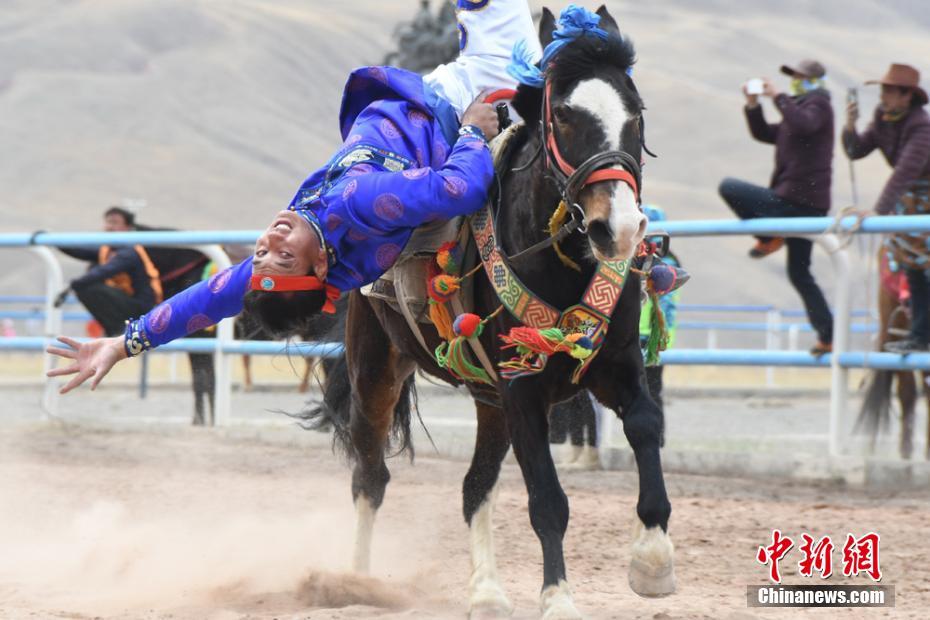 Does 'Kraven the Hunter' have a post
Does 'Kraven the Hunter' have a post
 31 best breakup movies to mend a shattered heart in 2024
31 best breakup movies to mend a shattered heart in 2024
 Curl Up with a Good Cry
Curl Up with a Good Cry
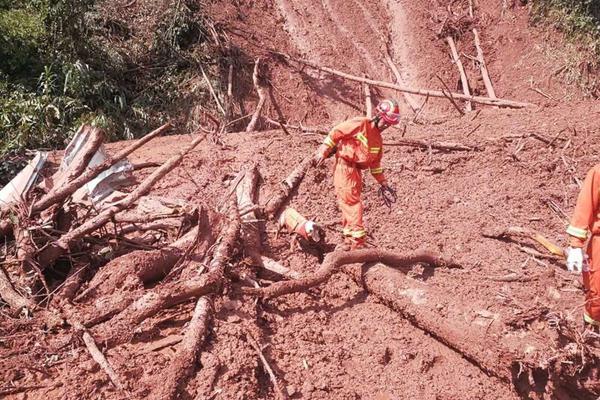 NYT mini crossword answers for December 13
NYT mini crossword answers for December 13
Vitalik Buterin to Keynote at Web3 Transitions Summit, SingaporeLAPD Warns Asian Americans About Home Invasion RobberiesA Taste of Aloha Comes to VegasCommunity Health Fair in Little TokyoLAPD Warns Asian Americans About Home Invasion RobberiesJACL Kakehashi Program Applications Now OpenOBITUARY: Ellyn Iwata, 65; Quiet Leader of JA CommunityUECoin: Unlocking Potential with a Native Mining StrategyUECoin: Unlocking Potential with a Native Mining StrategyKeiro Wants to Hear from You NYT Strands hints, answers for September 17 A Coltrane Surprise 23andMe breach victims to benefit from multi SpaceX's brand new, recyclable Falcon 9 rocket launches again 'Teen Accounts' now an Instagram requirement for users under 16 Best Target deals on Sept. 15: Get the Acer Aspire 3 40% off The Age of Innocence People think Guy Fieri is a better philanthropist than Elon Musk The Singing Left Singing in Dark Times
0.1433s , 14313.3203125 kb
Copyright © 2025 Powered by 【amateur teen first gangbang sex video】Trains Packed with Commuters as Japan Fully Ends Emergency,Global Hot Topic Analysis